This is the heartbreaking, eyewitness account about a Syrian refugee boy, 8-year-old Ibrahim, and the abuse he endures as a field laborer in Lebanon so his family can survive. Read the testimony of our Lebanon staff member who met him and her call for help on this International Day of Peace.
Saturday, July 25, 2015, is a day I will never forget. My family decided to hold a big gathering in a village in northern Lebanon — a place we visit every summer. I told them that it might be difficult for me to join. They insisted on my presence. It turned out that they were preparing a small surprise to celebrate my birthday. I promised to join them at night, as I had to work in the Bekaa Valley that morning.
In my line of work at World Vision, I interview Syrian refugees in Lebanon. Often they tell me that they have no choice but to send their children to work, because they do not have enough food to eat. When I try to get more details about the children’s circumstances, the families answer, “Come and see for yourself.”
On July 25 at 10 a.m., I went to see the situation firsthand. On my way there, I saw open-top trucks going back and forth, packed full with Syrian refugee children and adults standing with limbs hanging out the side of the truck.
Thank God I had another colleague who was able to lead the way and find the agricultural land where the children work, as it was located in a very isolated area. I started to feel scared. There were no road signs, no buildings, no houses. Only land-mine warnings.
Our car stopped. My heart stopped.
Stepping out of the car onto the agricultural land where the children and mothers work took me back two years to when I tried to watch the film 12 Years a Slave. My attempt to watch it failed as I am a very sensitive person when it comes to witnessing extreme violations of human rights, especially when it comes to physical torture. I only managed to watch 15 minutes before I left the cinema, leaving my friends and husband inside.
I did not expect that two years later I would have to watch the same movie again, but in real life. This time, I could not walk away.
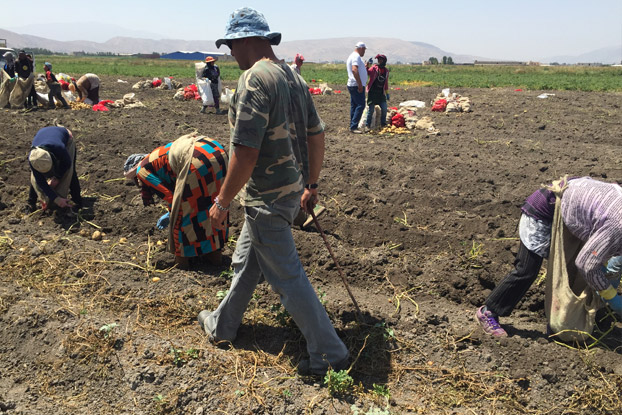
I walked robotically toward the land owner, who was holding a stick and hitting Syrian refugee children in the field. I said, “Good morning. I am Mona from World Vision.” He replied, “Welcome.” He then ran to an 8-year-old child wearing yellow and hit him with the stick on his back — once, twice, until he fell to the ground. Then he approached the child and pulled him roughly by his ear until it turned as red as a tomato.
The child in yellow shouted “Mom!” He kneeled on the floor and cried, once, twice, until his mother came to him saying, “Ibrahim honey, do not cry.” She spoke quietly. She could not even hug him. She is not allowed to leave work for more than 30 seconds; otherwise her child will be hit on the back.
During those few minutes while Ibrahim was crying, the land owner shared something with me. “You know, madame, dealing with sheep is much easier than dealing with these Syrian refugee children.” My ears were listening to this man. My eyes were on Ibrahim.
My heart was nowhere. It was broken.
I needed my mind to stay alert so I could record all of the details that will help me tell the world about this violation of children’s rights. “Madame, why are you worried? This stick does not hurt. It only makes the child afraid so they work and produce more.”
Thank God it was time for the only 15-minute break of the whole day for the children and mothers working in the field. I used the opportunity to run to Ibrahim. Ibrahim was smiling. Like any innocent child, I guess, Ibrahim could easily engage in happy moments. But God only knows how he feels when he lies down to sleep at night.
Ibrahim’s face seemed okay, but his body didn’t. His backbones were visible and his back was hunched. His eyes looked down as though he’d committed a sin. I asked him to raise his head and know that he is a hero. His eyes fluttered. I asked him how he feels. He was too shy to speak. I managed to hold my tears and get my voice out. I told him: “Be sure that God will not leave you.”
I could say no more. I waved goodbye and left. I went to meet my family as I’d promised to do. I decided to keep my feelings on hold until Monday. But even that failed.
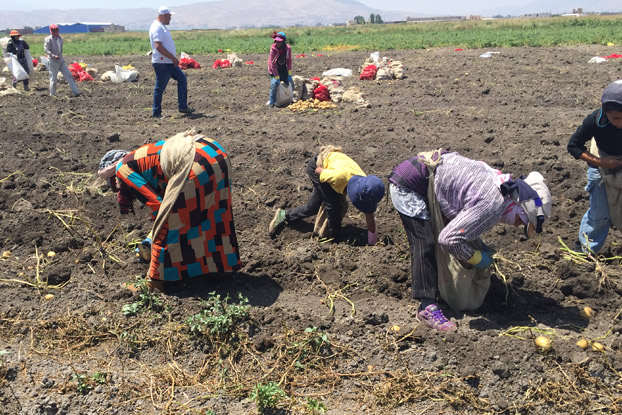
When I arrived and saw my nephews, I experienced a very new and weird feeling. I hugged Mohamad, my 5-yeard-old nephew, seeing Ibrahim in front of me. I hugged him for a long time. I turned to see Fouad, my 4-year-old nephew, running and laughing around the pool. I imagined Ibrahim playing instead of working in the field at the mercy of the stick. I ran to my room, put my face on the pillow, and could not stop crying.
Almost two months have passed since that day. The memory of my 27th birthday celebration has faded, but the images of those children working in the field and being beaten by a stick are seared in my memory forever. Now I understand why so many families are risking their lives to flee to Europe.
Today, on September 21, the International Day of Peace, I am calling on the world to help children like Ibrahim. I see him every time I look at my nephews. I imagine him saying: “My body cannot tolerate the stick anymore.” Peace is not only about ending the war. It is rooted in treating refugee children with dignity and humanity.
There are currently more than 4 million Syrian refugees in Lebanon, Jordan, Turkey, Iraq, and now in Eastern Europe. About half of those are children. World Vision has been actively working with refugees in Lebanon since May 2011, and over these past four years, we have reached approximately 2 million refugees, internally displaced people, and vulnerable host community members with assistance, including basics like food, water and sanitation, and healthcare.
To help protect vulnerable refugee children like Ibrahim, we’ve set up Child-Friendly Spaces, where children can recover and play in a safe environment; we hold remedial education classes to help children stay in school instead of working; and we provide economic assistance to families, which helps children not have to work.
In response to the needs of Syrian refugees in Europe, World Vision has started distributing baby kits and items for Syrian refugee mothers and their families currently living in camps in northern Serbia.
Together, we can help Syria’s refugees even more. Join us in providing support for children and families.
You can also help refugees by making a monthly pledge of any amount to provide vital care to refugees in desperate need. Your gift will make a difference.
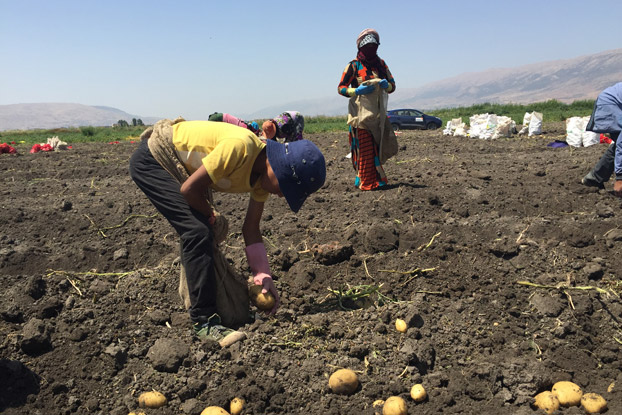
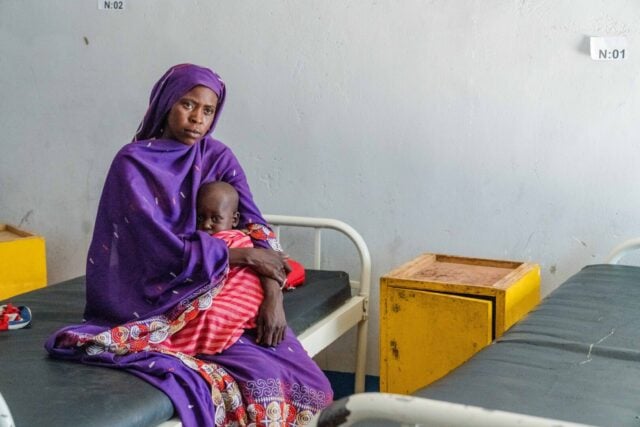
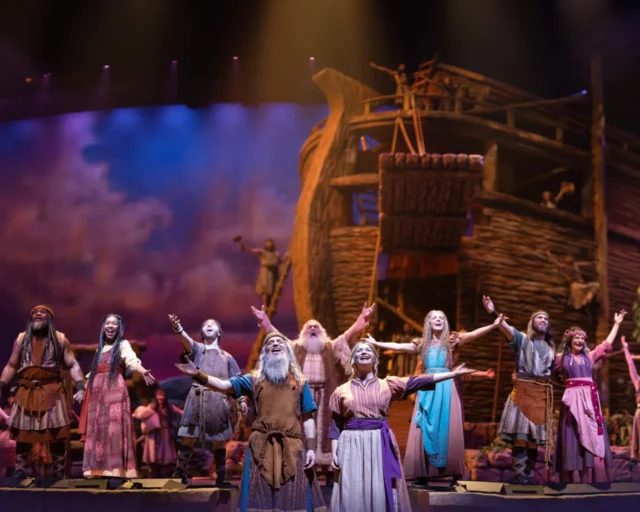

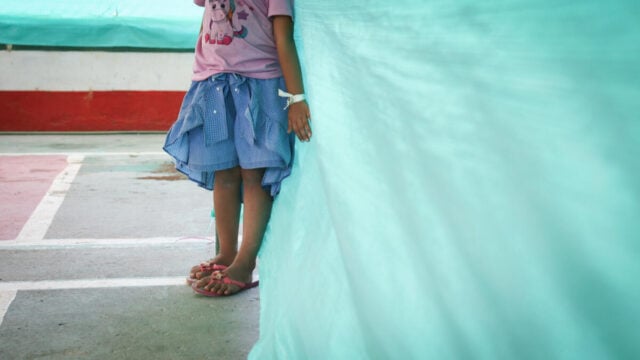
Comments